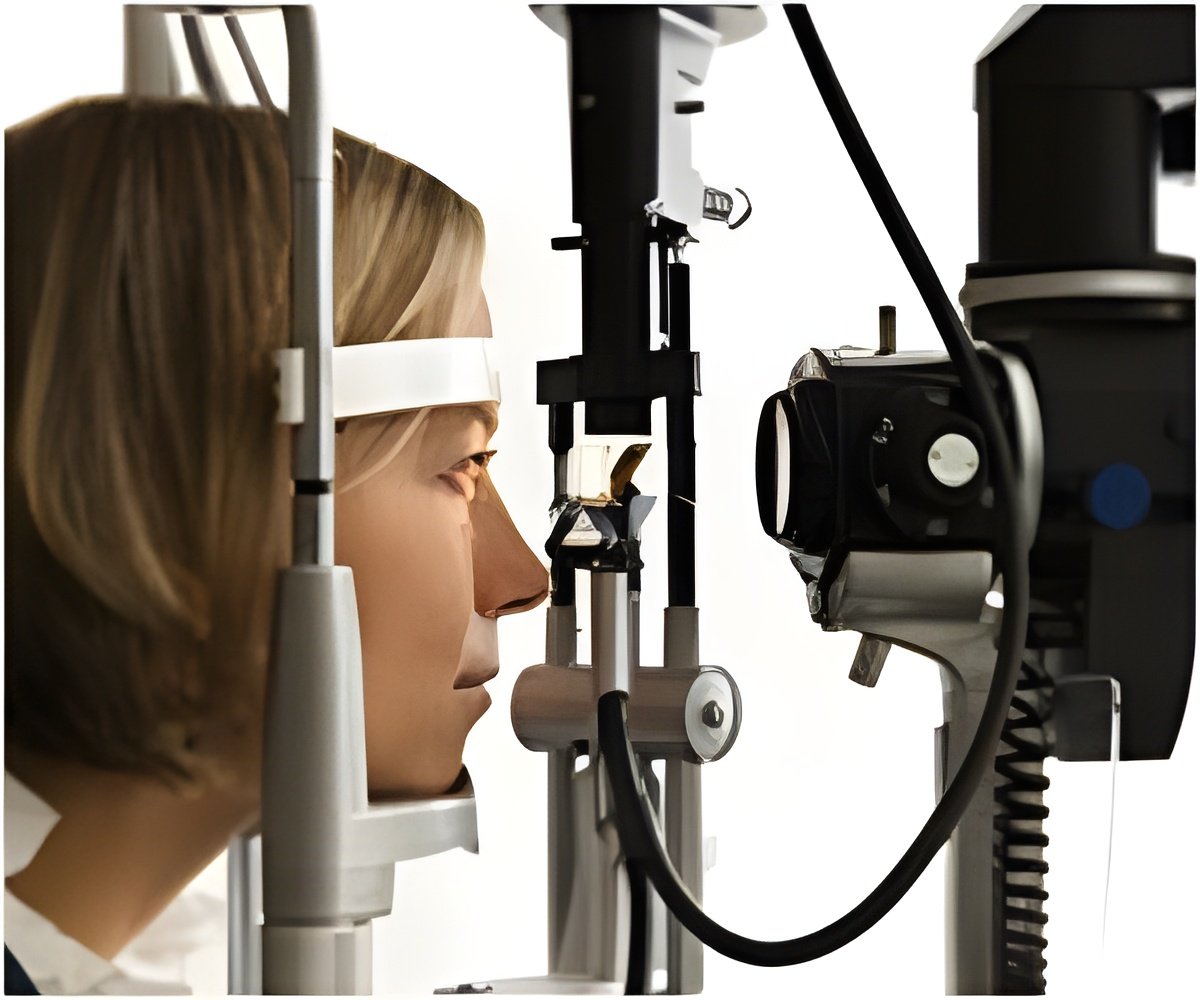Effective communication by health professionals may be key to reducing the psychological impact of 'dry' age-related macular degeneration diagnosis, suggests study

‘Dry AMD is a currently incurable, progressive disease of the macular, the central part of the retina through which we see the world directly in front of us.’





The number of people with AMD is set to rise as the world's population both increases and ages; 196 million people worldwide are predicted to be affected by 2020 and 288 million by 20403. Whilst the progressive sight loss from dry AMD does not generally lead to complete blindness, it can make recognising faces and everyday activities like reading, watching television, and driving difficult. Symptoms may begin as a blurring or distortion of the central vision, and lead to a complete blind spot (scotoma) of the central vision.
The onset of dry AMD may not be accompanied by symptoms, and may be diagnosed as part of a routine eye check by an optometrist or other health professional.
The new study involved 27 participants at various stages of dry AMD progression, who received an eye examination and then took part in a semi-structured interview to gauge the impact their diagnosis and symptoms had on their lives in the short and longer term. A 'framework' analysis was used to capture key themes, and issues from participants to inform recommendations.
These patients reported a range of responses, including how they reacted to being diagnosed with dry AMD as an incurable condition.
Advertisement
"At the end of the day he just said you've got dry macular degeneration, end of story and that's how he put it; end of story. So I said to him, what do you mean end of story? He said well that's it, there's nothing we can do, there's no cure for it so there's nothing we can recommend you do, which is quite a big shock."
Advertisement
"I don't hold out a lot of hope, although I do have a little spark that maybe something can be done eventually about it."
Other recommendations made by the study include standardising the rehabilitation pathways across the eye care sector, which could include referral to an Eye Clinic Liaison Officer (ECLO) to discuss information about dry AMD, and to refer patients to other relevant support services.
David Crabb, Professor of Statistics and Vision Research at City, University of London, who led the research team, said:
"What I learned from the research is that there are many people diagnosed with dry AMD who perceive the impact of the condition on their daily life as considerable, whilst their measurable visual function remains reasonable. Many fear going blind, and suffer a great deal of anxiety, particularly with the current lack of a treatment for the condition.
"Much of this distress might be allayed through more supportive conversations with their eye health professionals, and receiving timely information about the disease and outcomes, and referral to any further necessary support."
Source-Eurekalert








